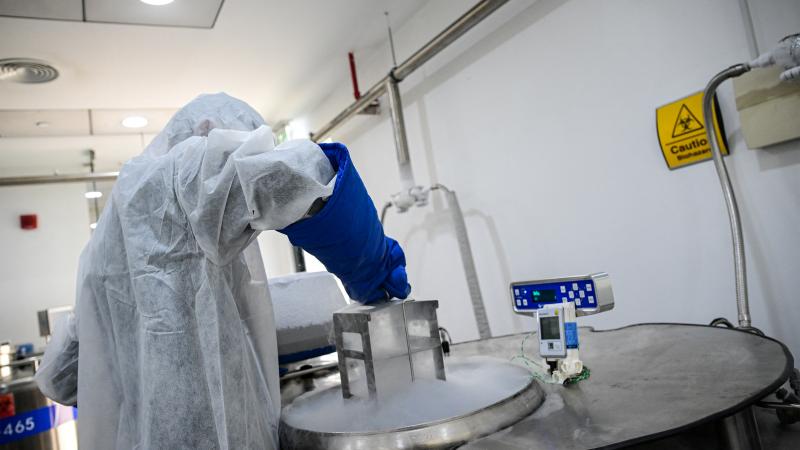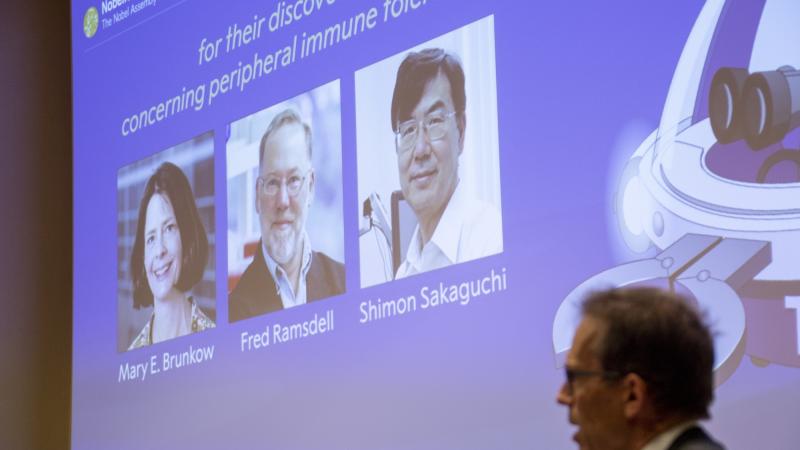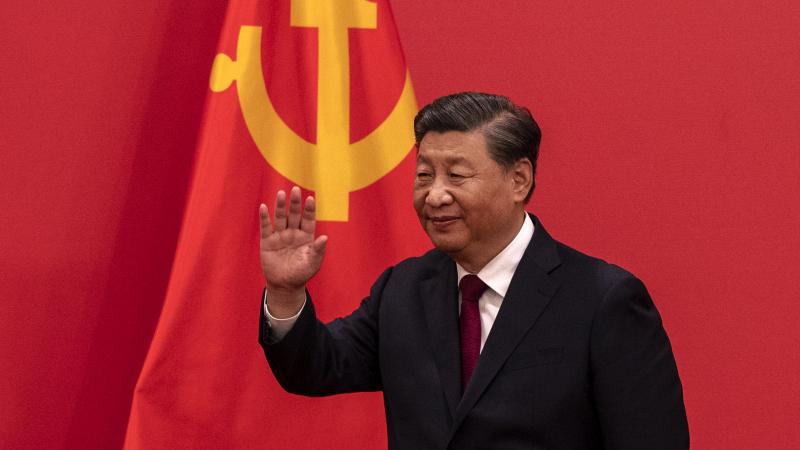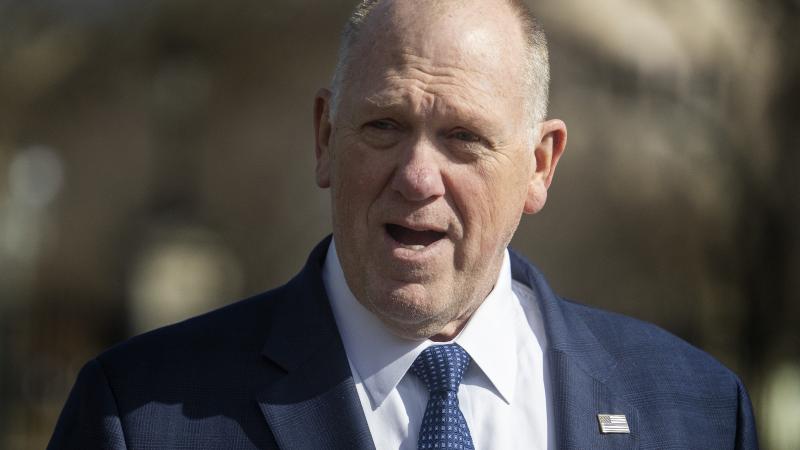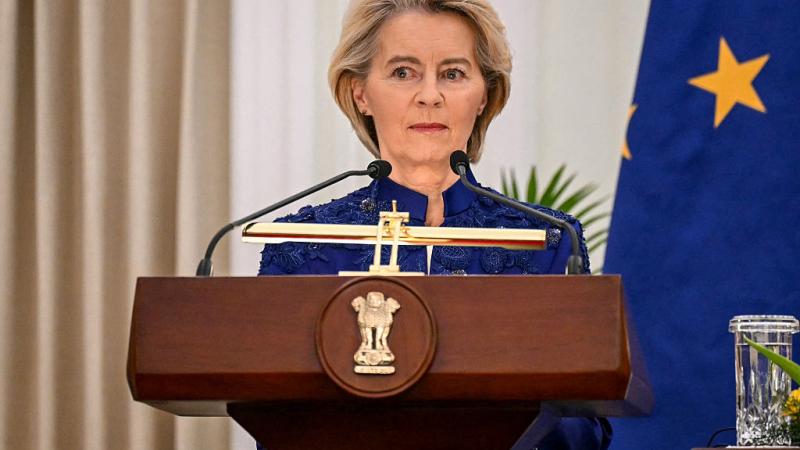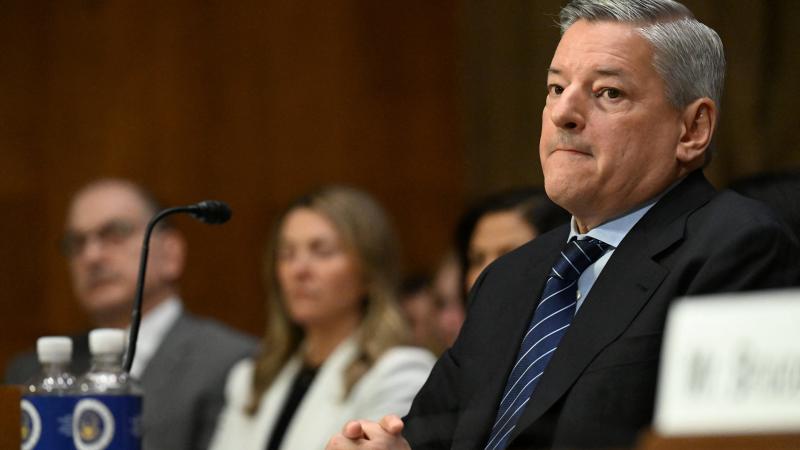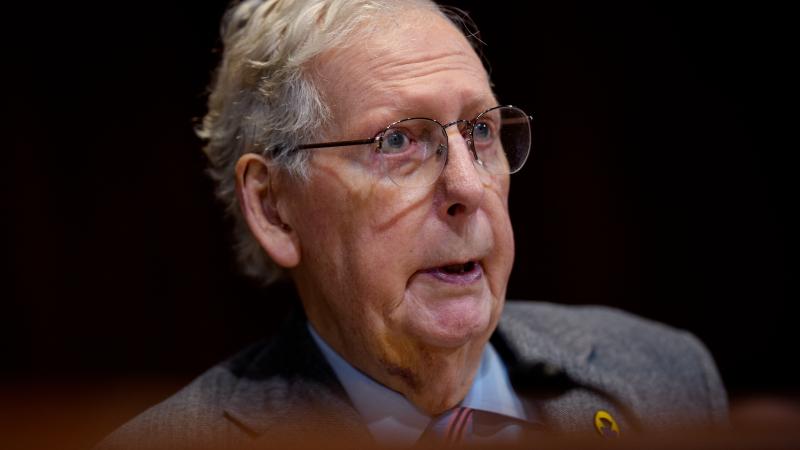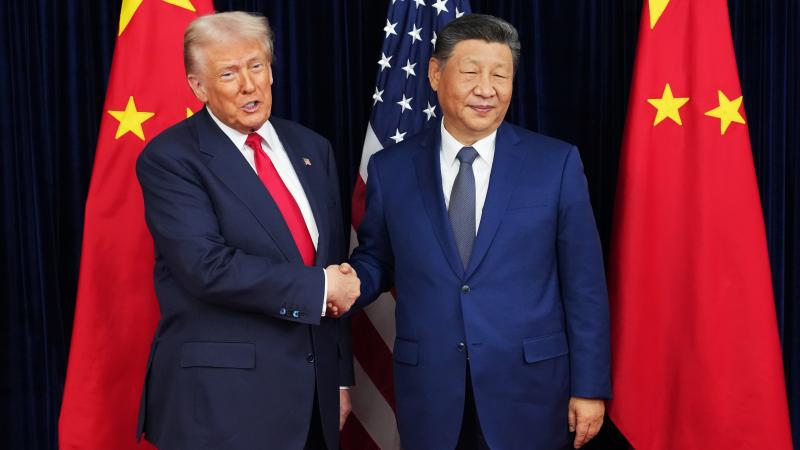Trump administration drafting international moon-mining agreement
The U.S. led effort will skirt the U.N.'s onerous treaty creation process and be discussed initially with nations the administration feels are 'like minded' in their lunar mining goals
The Trump administration is drafting the legal language that will go into a new international agreement called the Artemis Accords that will create standards of behavior for moon mining practices.
U.S. officials will formally negotiate the accords with several space-partner countries considered to have similar interests in lunar-mining endeavors. Some of the countries include Canada, Japan, the United Arab Emirates and those across Europe.
Notably, Russia will not be included as an initial partner in the accords.
The key conceit of the accords will be establishing “safety zones” surrounding future moon bases, preventing damage and conflict between different countries with outlets on the moon.
Presently, the 1967 Outer Space Treaty makes clear that celestial bodies and the moon are “not subject to national appropriation by claim of sovereignty, by means of use or occupation, or by any other means.”
The accords will also address the ways private companies will be able to behave in outer space – specifically, the documents will legally address the ownership of resources mined on the moon.
In 2015, a U.S. law was passed that grants private companies ownership over any resources they mine in outer space. Similar laws do not exist elsewhere in the world.
In part, the Artemis Accords are the administration’s way of skirting the United Nations treaty process, which would be time consuming and involve working with many non-spacefaring states.
The name Artemis is taken from NASA’s Artemis moon program, which aims to put humans and space stations on the moon in the next 10 years. Though they have demurred from the role of strategic political asset, NASA’s moon program inevitably makes the civilian space organization a prominent diplomatic tool and vehicle for international conversation.
“NASA’s all about science and technology and discovery … less salient is the idea that NASA is a tool of diplomacy,” said Jim Bridenstine, a NASA administrator.

